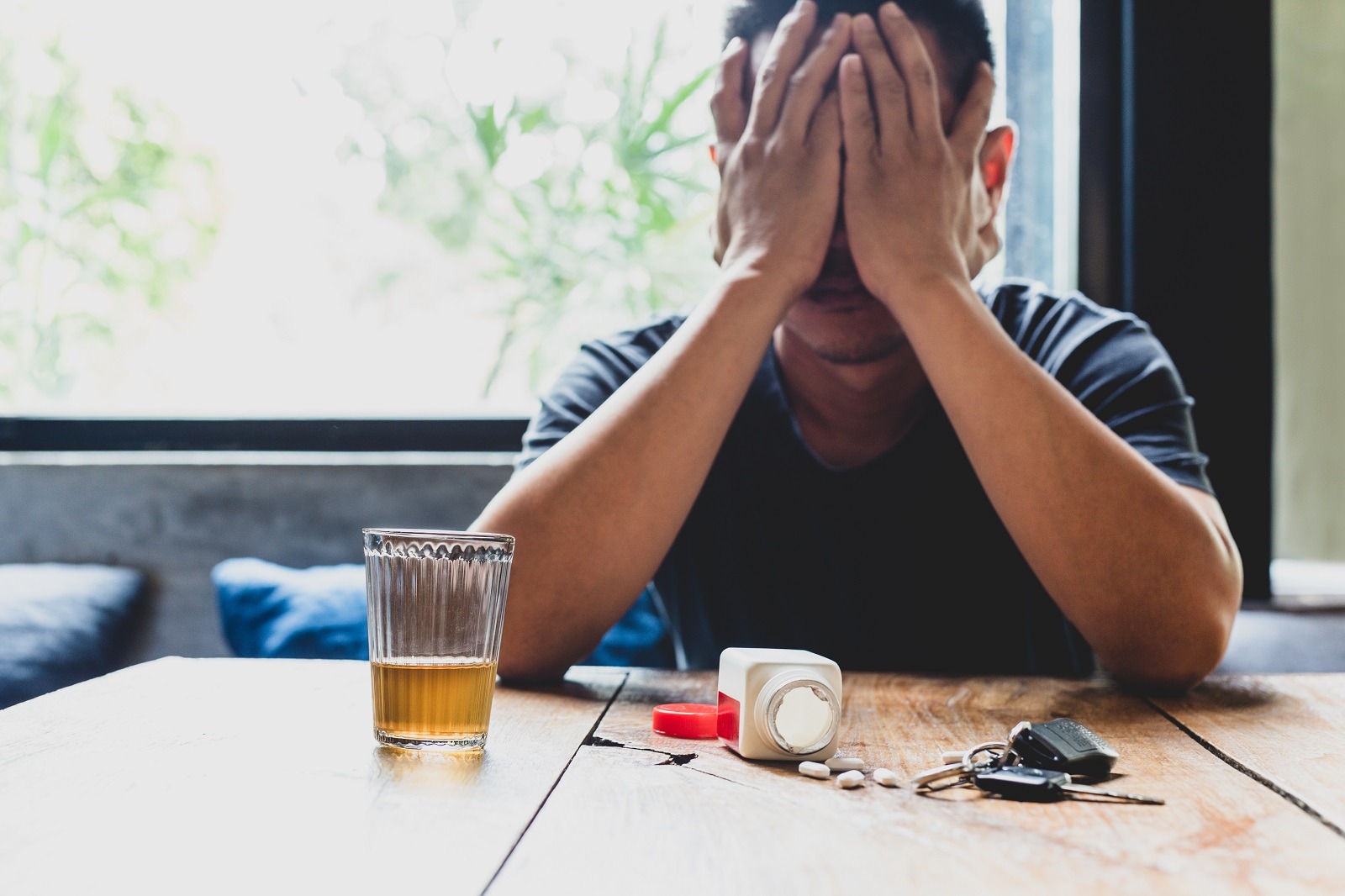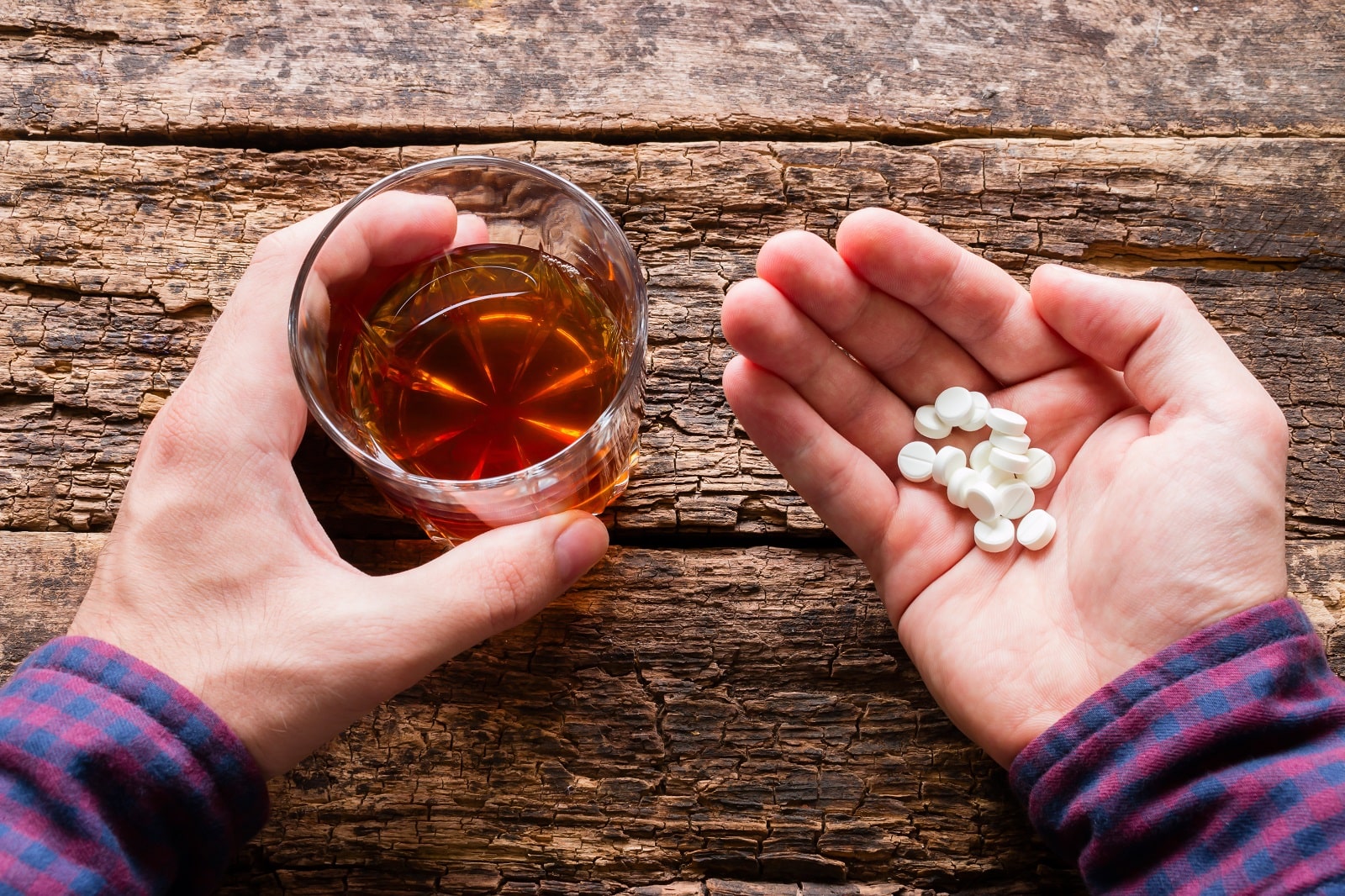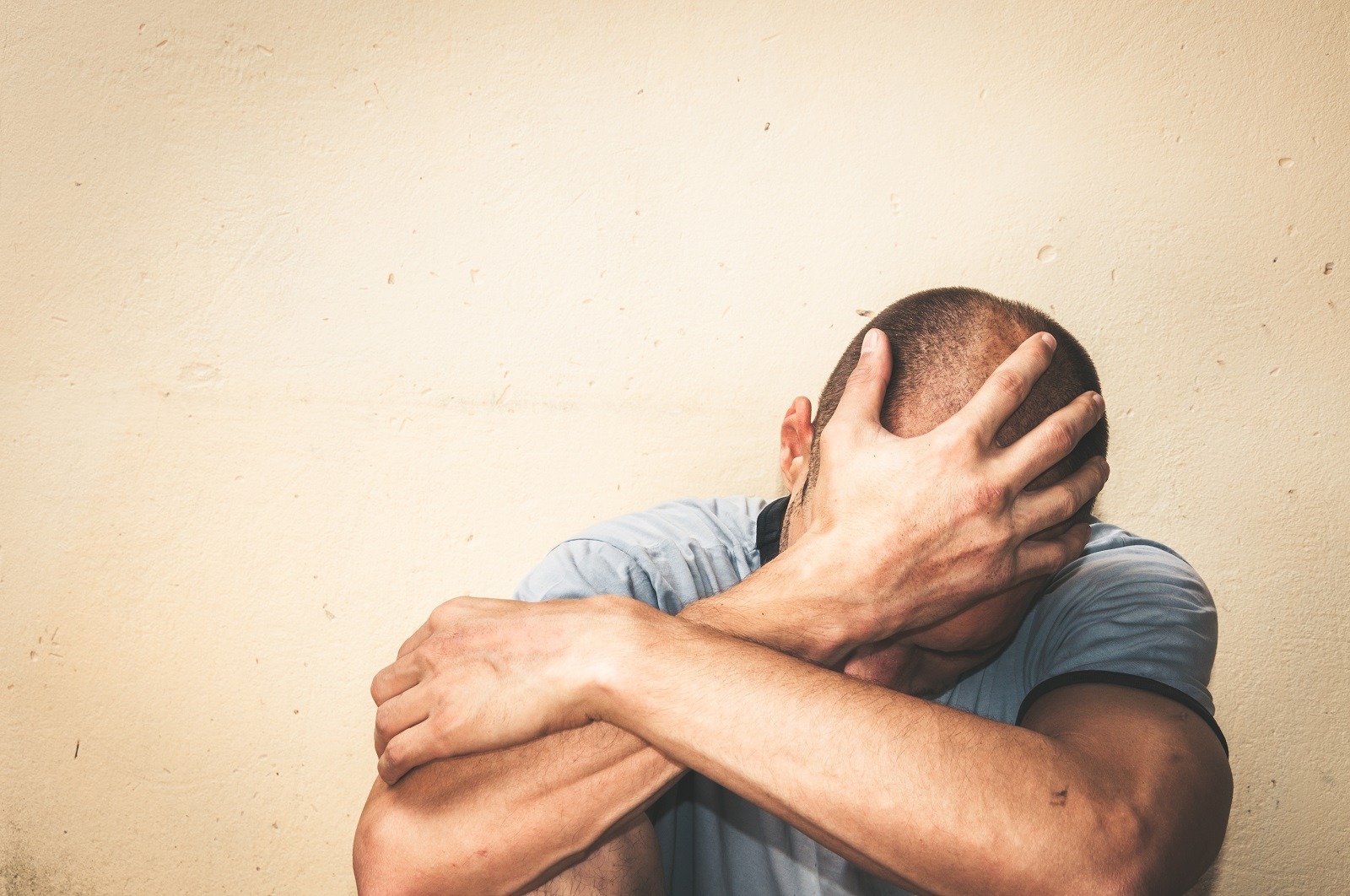Addiction | 4 min read
Mixing Alcohol With Medicines
Medically Reviewed By

On December 12, 2022
Written By
On December 12, 2022

Mixing alcohol with medications can become dangerously habit-forming. Due to the nature of different drugs, if you drink alcohol coincidently, many undesirable side effects may emerge.
Contrary to those who don’t drink at all, people with alcohol use disorders (AUDs) are 18 times more likely to report using prescription medicines for non-medical purposes.
There is a considerable risk of overdose or physical harm if you combine a prescription or over-the-counter medication with alcohol, intentionally or to get high. It is crucial to seek medical help immediately if you notice someone who appears to be suffering from a drug overdose or alcohol poisoning.
Why Some Medications And Alcohol Can’t Coexist
While mixing alcohol with medications may seem harmless at the time, doing so is dangerous in most instances. Alcohol can change how medications work, sometimes intensifying the medication’s side effects tenfold while lessening its effectiveness.
Both alcohol and some medications are processed in the liver. However, only so much alcohol and medications can be metabolized by the liver. The remainder has undesirable effects and is kept in your bloodstream. As a result, combining medications with alcohol might result in liver damage and increase the amount of both in the blood.
Harmful Effects of Drinking While On Prescription Medications
If you are taking medication, you should always check with your doctor or pharmacist to see if drinking alcohol is safe. Some drugs have serious side effects when taken with alcohol. [1] Drinking can have harmful health effects or reduce the effectiveness of your prescription, depending on what you’re taking and your health condition.
To avoid putting yourself at risk, it’s crucial to check before drinking alcohol to make sure your prescriptions don’t interact negatively with alcohol. If unsure, check with your health care provider before consuming alcohol or products containing alcohol.
Medications That Should Not Be Mixed With Drinking And Why
Whether it’s an opioid painkiller like codeine or oxycodone, a depressant like Xanax, a stimulant like Adderall, or even over-the-counter medication like Tylenol (acetaminophen) or Advil (ibuprofen), when you look at the label, you’ll frequently notice strict warnings about the risks of combining the medication with alcohol. This is because many common medications that would otherwise be safe might cause lethal drug interactions when combined with alcohol.
This is especially true with prescription pain medications.
Having a few drinks to unwind at night can be risky when the effects of alcohol and some prescription medications are mixed. Some people may combine alcohol with prescription drugs to increase the effects of both substances. When alcohol consumption is mixed with medication, especially in excess, this might result in a substance use disorder.
Even seemingly innocent medicines like cold medicines can produce undesirable effects when drinking alcohol.
Stimulants
Alcohol, or any other central nervous system depressants, can have unpredictable effects when used with any stimulant. Mild symptoms like nausea and vomiting might develop into worse health issues like a heart attack, stroke, or seizure.
Combining alcohol and stimulants might make your heart work harder and increase your chance of developing cardiac problems such as a fast heart rate, racing heart arrhythmia, or dangerously high blood pressure, especially if you’re using an amphetamine-based stimulant like Adderall or Vyvanse.
Because of their nature, stimulants also give the user more energy, tricking the brain into thinking you have consumed less alcohol than you have. This makes you feel unhindered when you actually are. And that’s riskier than being aware of your impairment. Drinking alcohol while taking a stimulant can lead to binge drinking due to this reason.
Antidepressants
Mixing alcohol with antidepressants is a powerful combination that may lead to destructive and dangerous outcomes. Even moderate drinking poses a concern for depressed patients because it has been shown to impair antidepressant response, diminish patient adherence, and promote impulsivity, all of which may increase the risk of suicide[2].
Your judgment, coordination, motor abilities, and response time will be more negatively impacted by antidepressants and alcohol than alcohol alone. Certain combinations might put you to sleep. Your ability to drive or perform other tasks that require concentration and focus may also be affected.
Prescription Opiates or Painkillers
Combining alcohol with any potent prescription drug is risky.
Even when consumed in moderation, alcohol can have negative side effects that are harmful and unexpected. In addition, mixing alcohol with painkillers exacerbates the negative effects. The same applies to opioid drugs, including morphine, oxycodone, and hydrocodone.
Mixing opiates with alcohol can lead to side effects like nausea and vomiting, unstable blood pressure, extreme drowsiness, lack of motor control, ulcers, abnormal behavior, blackouts, and in severe cases, death.
Benzos
Mixing alcohol with benzodiazepines can have serious consequences. Combining them increases your likelihood of experiencing negative side effects and an increased danger of overdose and death. Doctors advise against mixing benzo usage with alcohol because of this. Alcohol plays a role in nearly 1 in 6 opioid overdose deaths and nearly 1 in 5 benzodiazepine overdose deaths each year.
Many cases of mixing the two have led to blackouts involving dangerous behavior.
You Are Not Alone. We Can Help.
Those experiencing substance use disorder may frequently mix alcohol with prescription medications intentionally. So if you find yourself drinking and taking medication to numb your pain or for an escape, know that you aren’t alone.
You don’t need to rely on mixing dangerous substances to feel something. Contact us today to get help with your addiction.
Mixing Alcohol With Medicines FAQs
Many drug interactions can be life-threatening. To be completely certain, check the label of your medication for guidelines about how long to wait. Depending on your medication, you may need to wait up to 72 hours after taking the medication to drink alcohol.
Combining prescription medications and alcohol runs the risk of overdosing, harmful interactions, and even death. According to the National Council on Patient Information and Education, “alcohol interacts with up to 150 drugs and can affect how well they work.” [3]
Additionally, internal liver competition for metabolic enzymes results in excessive drug exposure.
Combining alcohol and prescription medicines can make them less effective and defeat their intended purposes. You may also be subjected to intense side effects like nausea, vomiting, heart problems, internal bleeding, difficulty breathing, and loss of coordination.
Prescription opiates, antidepressants, benzodiazepines, and other medications are at high risk for lethal interactions when mixed with alcohol.
Ascendant New York Editorial Guidelines
Here at Ascendant New York, we understand the importance of having access to accurate medical information you can trust, especially when you or a loved one is suffering from addiction. Find out more on our policy.
- Johnson, B.A., Seneviratne, C. National Library of Medicine. (2014). Alcohol-drug medical interactions. Retrieved from https://pubmed.ncbi.nlm.nih.gov/25307595/ on 2023, January 17
- National Institute on Alcohol Abuse and Alcoholism. (n.d.). Alcohol-medication interactions: potentially dangerous mixes. Retrieved from https://www.niaaa.nih.gov/health-professionals-communities/core-resource-on-alcohol/alcohol-medication-interactions-potentially-dangerous-mixes on 2023, January 17
- James Roland, Healthline. (2019, May 9). Combining Antibiotics and Alcohol: Is It Safe? Retrieved from https://www.healthline.com/health/antibiotics-alcohol on 2023, January 17





